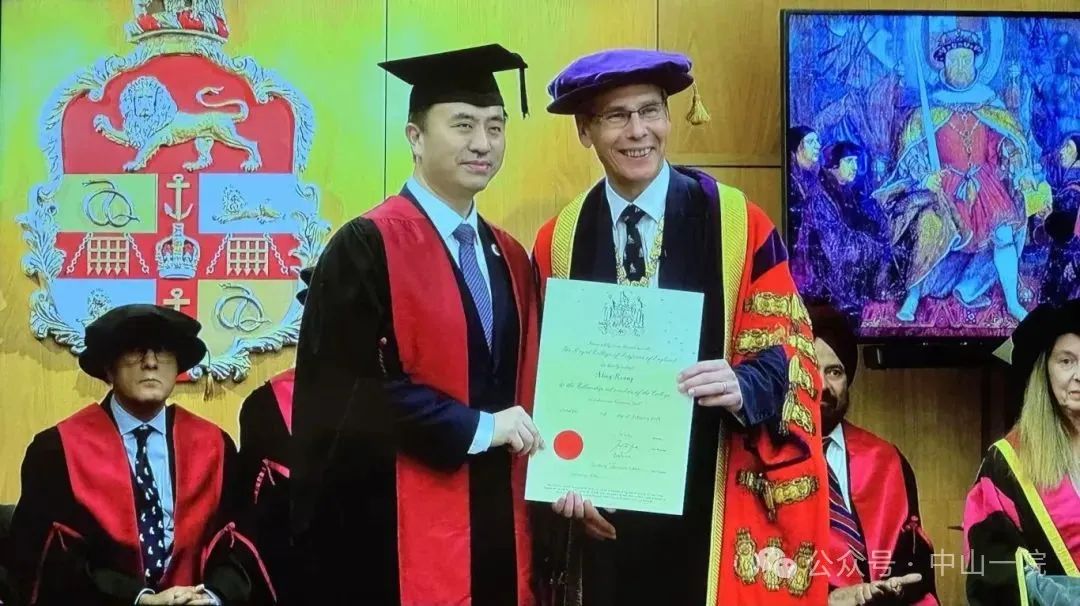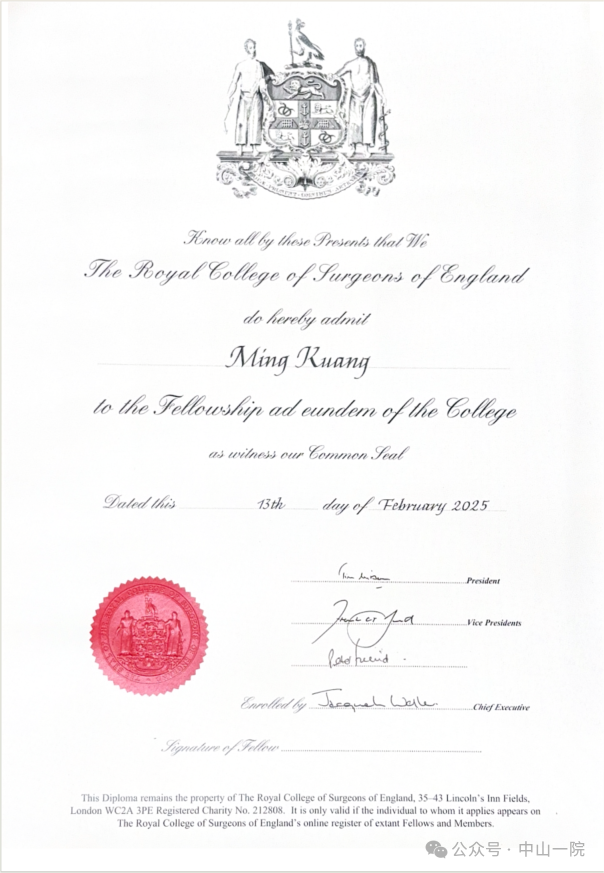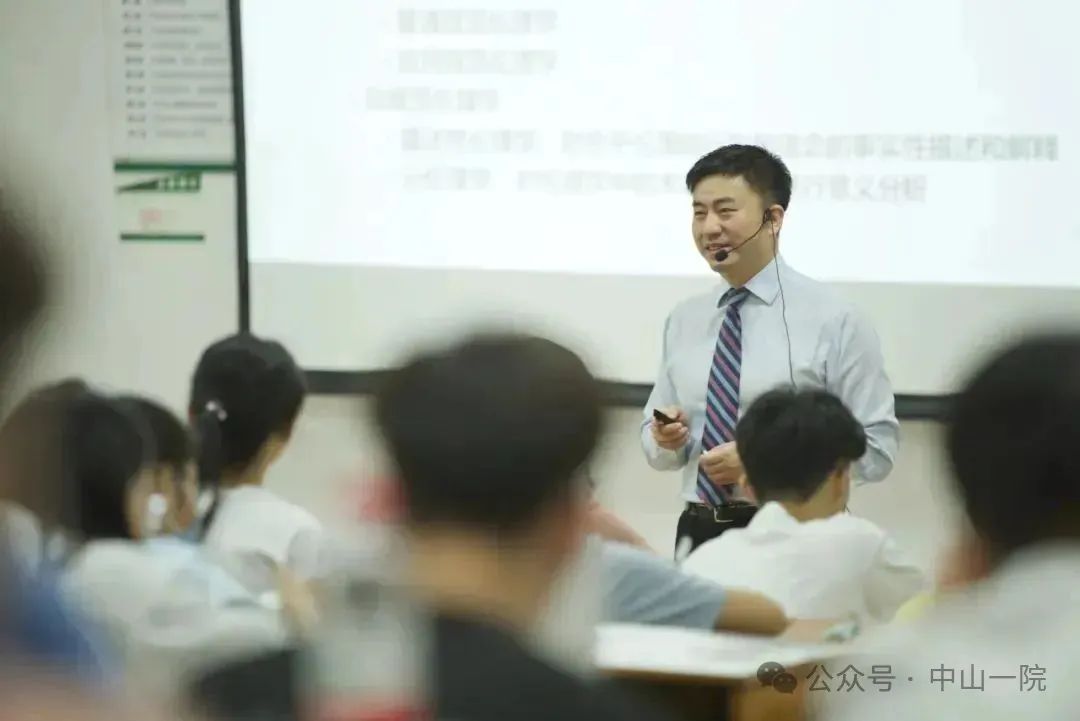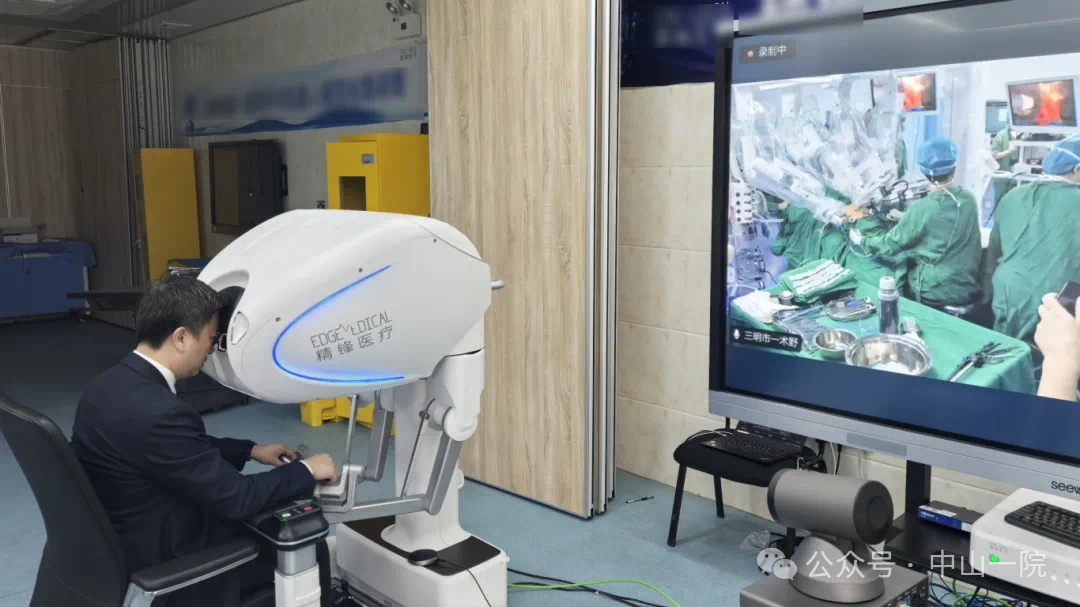Professor Kuang Ming was awarded the title of "Academician of the Royal Academy of Surgery in England"
On July 9th, Professor Kuang Ming—Vice President of the First Affiliated Hospital of Sun Yat-sen University, Academic Leader of the Hepatobiliary and Pancreatic Surgery Center, and Dean of the College of Basic Surgery—officially received the "Fellow of the Royal College of Surgeons (FRCS)" certificate from Professor Tim Mitchell, President of the Royal College of Surgeons (RCS), at the RCS headquarters in England.
This honor not only represents high recognition of Professor Kuang Ming's outstanding achievements in the field of surgery but also marks a significant milestone in the deep integration of surgical medicine from the First Affiliated Hospital of Sun Yat-sen University into the international top academic community.

Founded in 1800, the Royal College of Surgeons of England is the world's oldest and most influential organization for surgical training and certification. The title of "Fellow of the Royal College of Surgeons" awarded by it represents the highest international recognition for a surgeon's academic attainments, clinical contributions, and educational influence. Professor Kuang Ming's election signifies that the hospital's surgical talent training and clinical technology innovation have reached the international forefront.

Professor Kuang Ming has always regarded China's medical education as the cornerstone of disciplinary development. Based on the country's major medical needs, he innovatively constructed a "Three-Early, Four-New, Five-Integration" training system for top medical talents, which connects undergraduate education and postgraduate education. This system has significantly improved the quality of independent training of medical students and won the second prize of the National Teaching Achievement Award.
In 2016, Professor Kuang Ming took the lead in establishing the College of Basic Surgery (CBS) and pioneered the "Three-Year Progressive Surgical Training Model". This model integrates clinical simulation training, animal surgery practice, and internationally certified courses to systematically improve residents' clinical operation skills and comprehensive literacy. After three years of operation, the college's evaluation showed that CBS students had significantly improved in basic theory, operational skills, problem-solving ability, communication, and collaboration. In addition, Professor Kuang Ming promoted the establishment of the "Ke Lin Excellent Residency Training Faculty Training Course", which has trained more than 200 international clinical teachers. He was awarded the "National Top 10 Residency Training Base Directors", setting a benchmark for national surgical talent training.

Professor Kuang Ming has long been engaged in the clinical frontline of hepatobiliary and pancreatic surgery and currently serves as the Director of the Engineering Research Center of Surgical Intelligent Instruments of the Ministry of Education. With minimally invasive surgical technology as the core breakthrough, he developed water circulation low-rod temperature microwave ablation technology, which significantly improved the treatment effect of liver cancer. At the same time, he deeply integrated intelligent systems with surgical instruments, devices, and technologies, successfully promoting the research and application of innovative medical-engineering integration technologies, including intelligent and accurate diagnosis of lesions based on big data models and 5G-assisted remote robotic surgery. Relevant achievements have obtained multiple patent authorizations and achieved clinical transformation, effectively promoting the independent research and development of domestic high-end surgical intelligent instruments.

Professor Kuang Ming led a multidisciplinary team to carry out systematic original research and treatment strategy innovation around "liver cancer recurrence and metastasis", achieving a series of leading results. These include the first revelation of the key role of tertiary lymphoid structure immune units in remodeling the tumor microenvironment and promoting liver cancer recurrence, and the proposal of an overall strategy for targeted microenvironment therapy of liver cancer. Relevant results have been published as corresponding author in high-level journals such as Cancer Cell, J Clin Oncol, and JAMA Surg, and have promoted updates to international authoritative guidelines such as NCCN, ESMO, AASLD, EASL, and APASL, rewriting the preferred treatment strategy for advanced stages that had been used for 13 years in the Guidelines for the Diagnosis and Treatment of Primary Liver Cancer issued by the National Health Commission.
Professor Kuang Ming has thus won many international and domestic honors such as "China's Top 10 Medical Contribution Experts" and "Outstanding Contribution Award of the Asian Society of Tumor Ablation". He has been selected into Stanford University-Elsevier's list of the world's top 2% scientists for two consecutive years and is an important leader in the international field of liver cancer.


